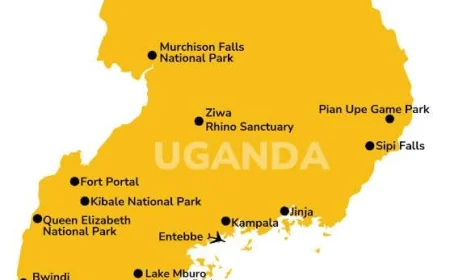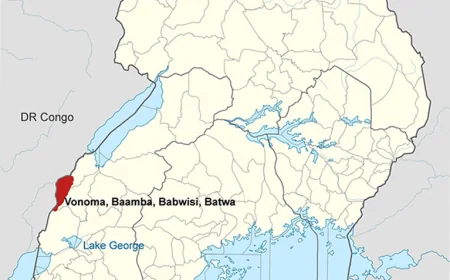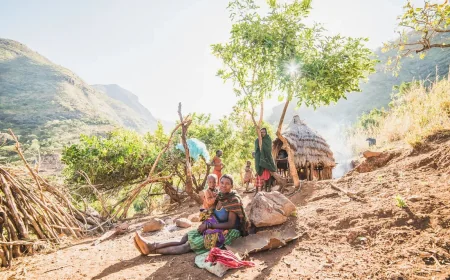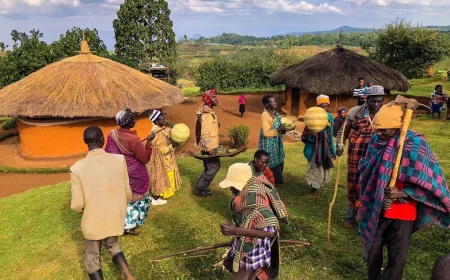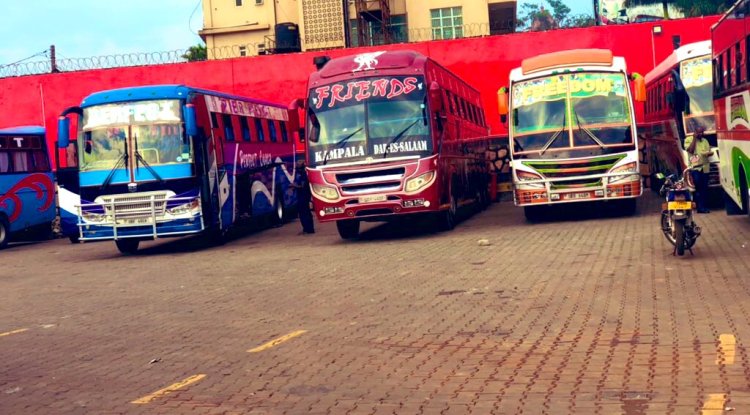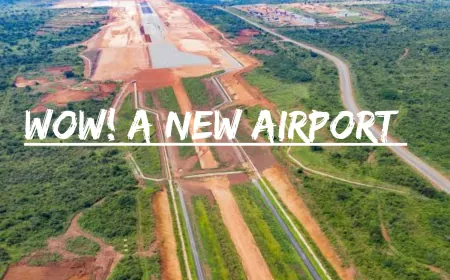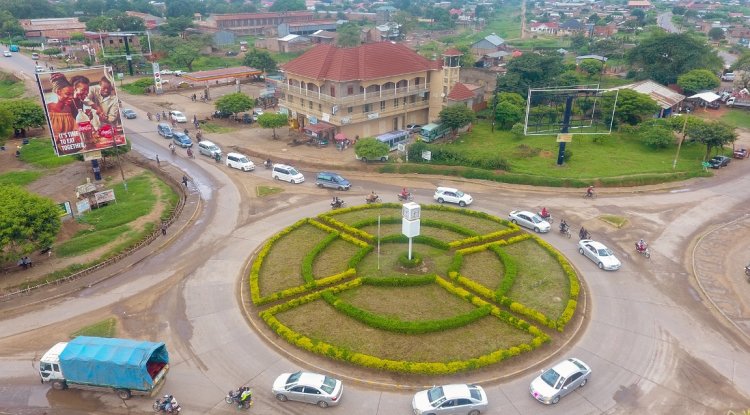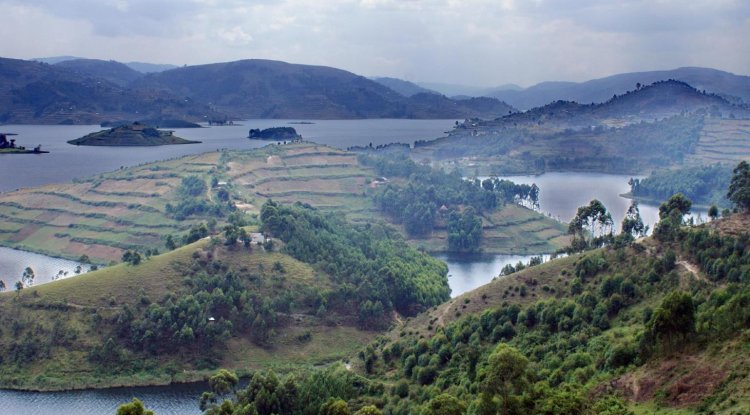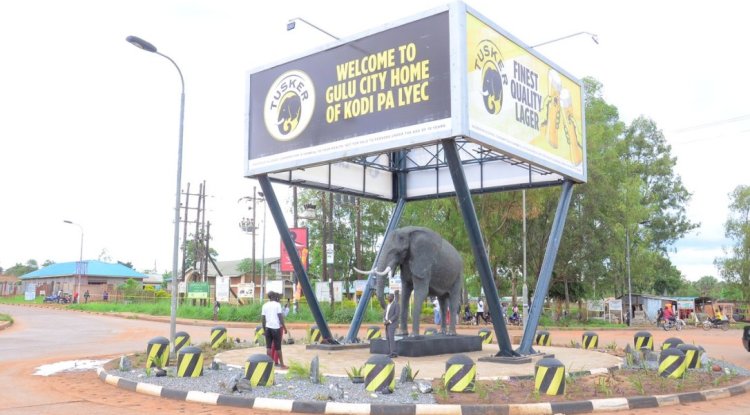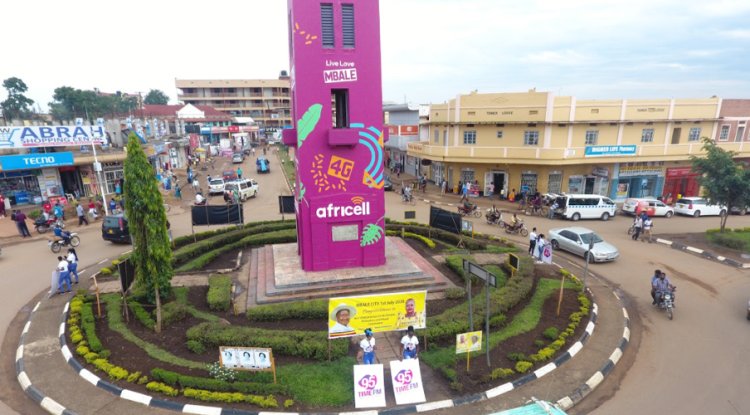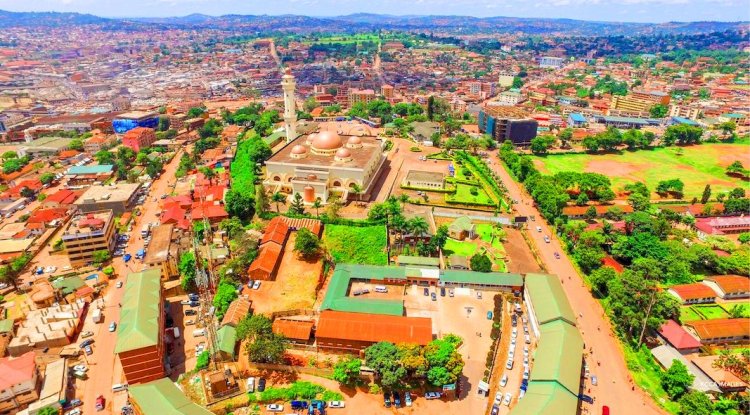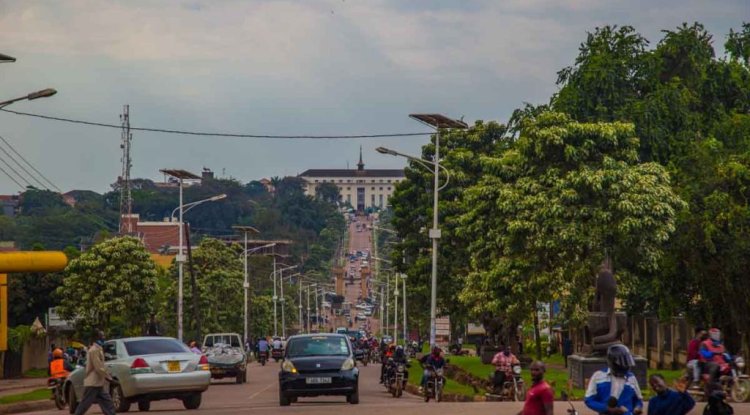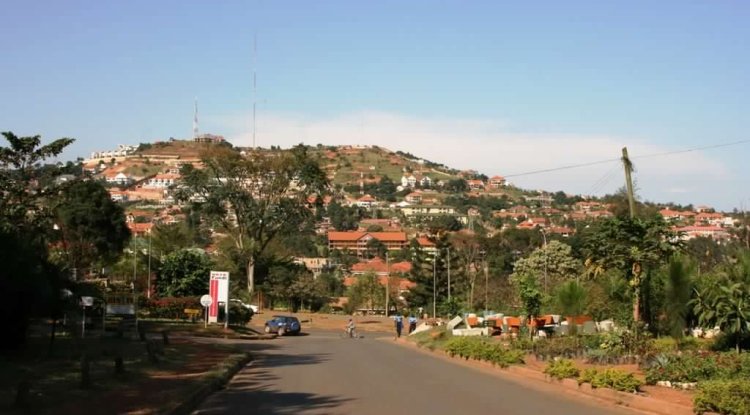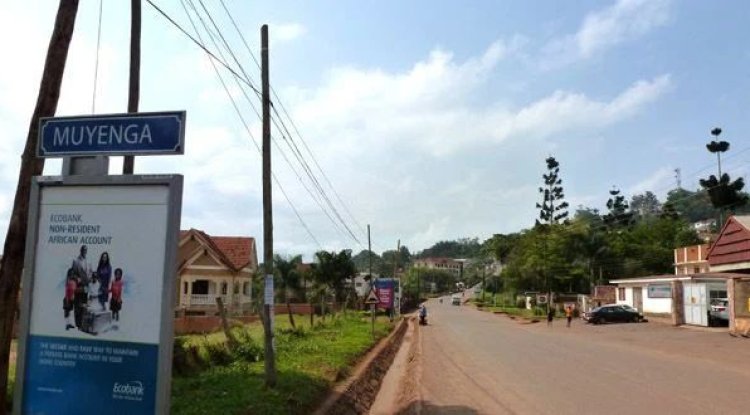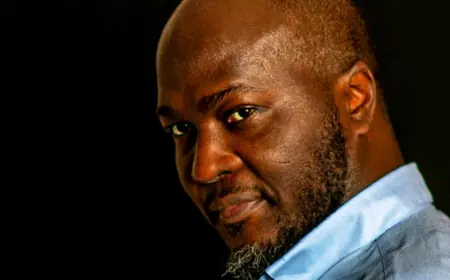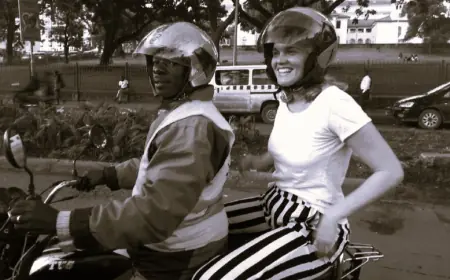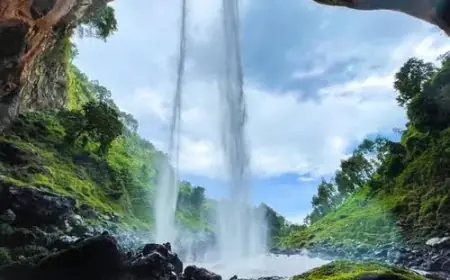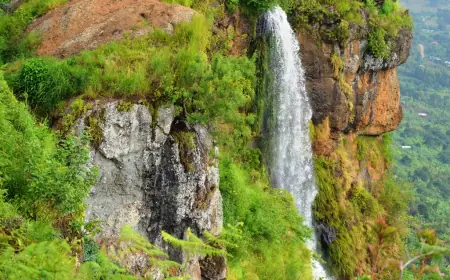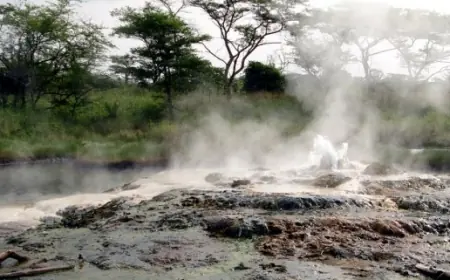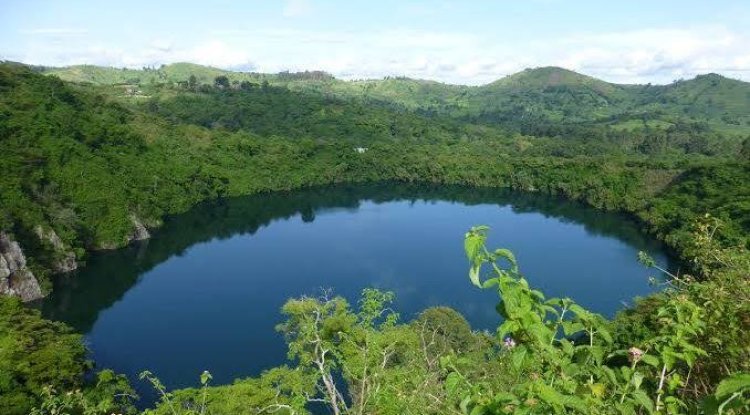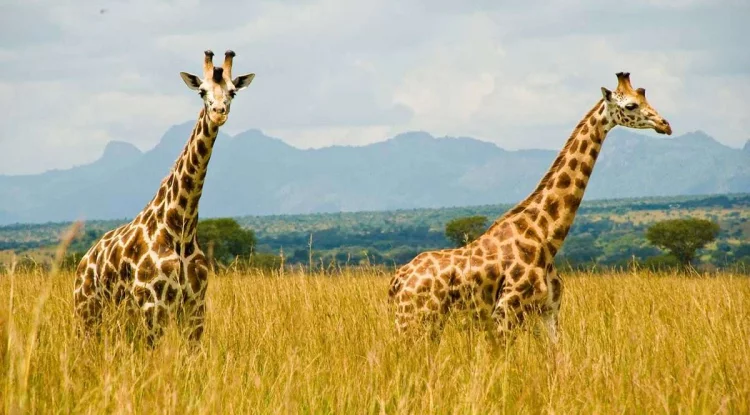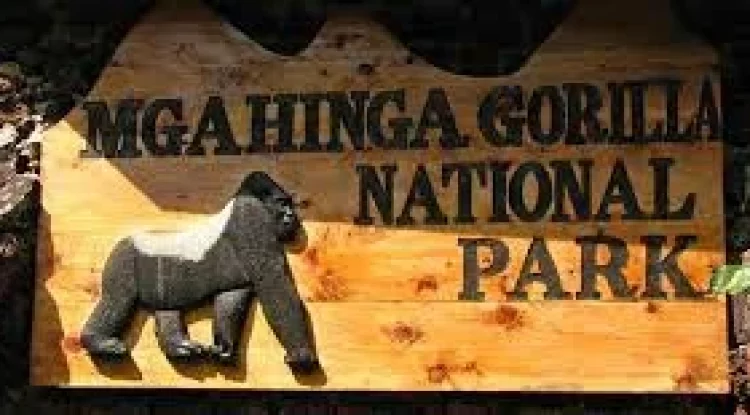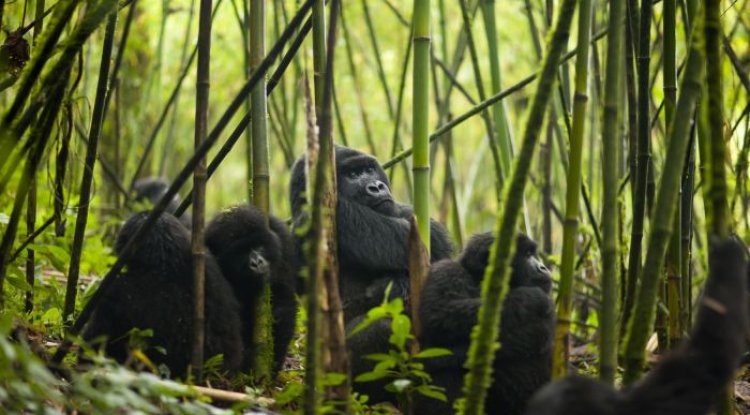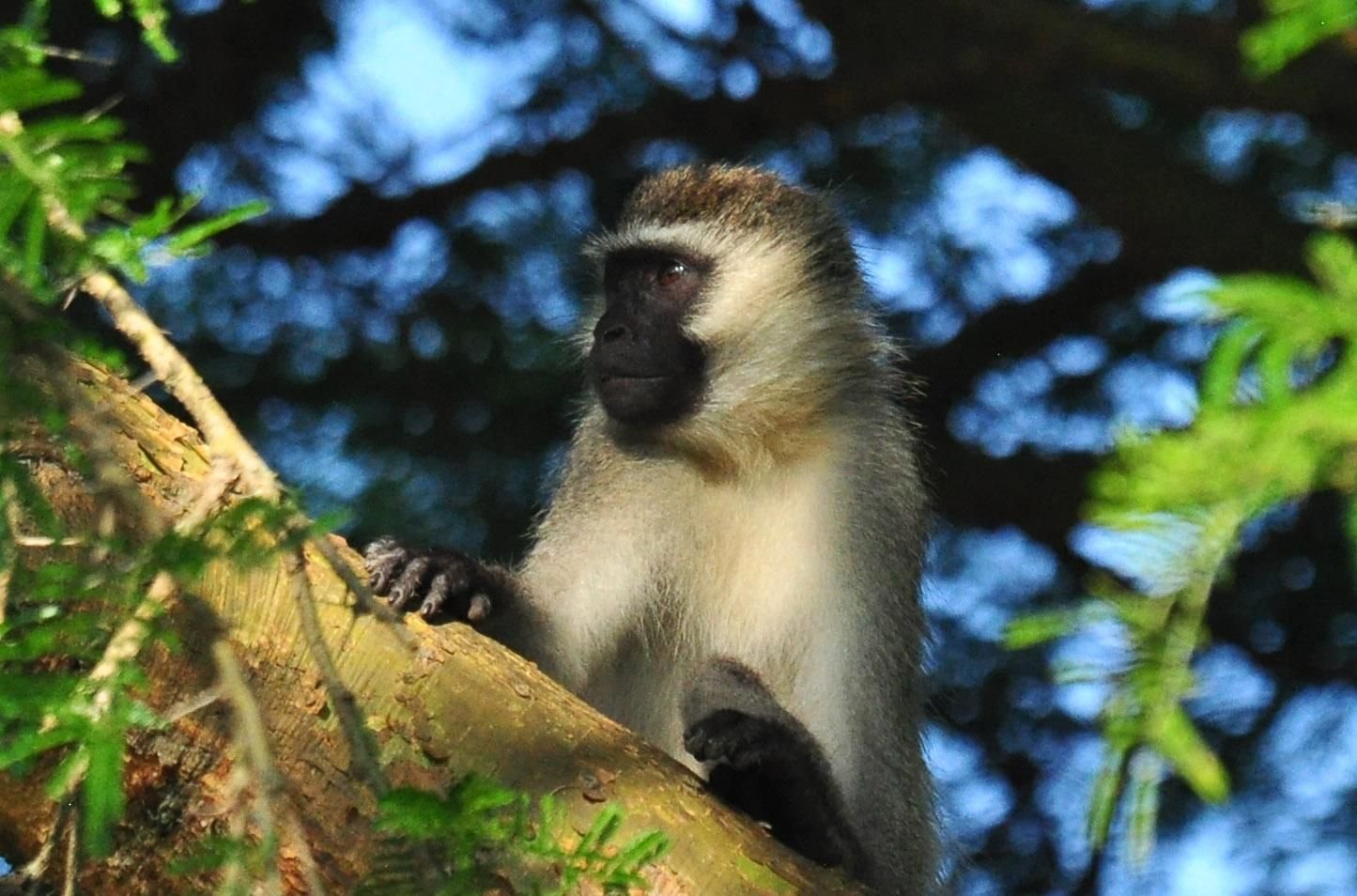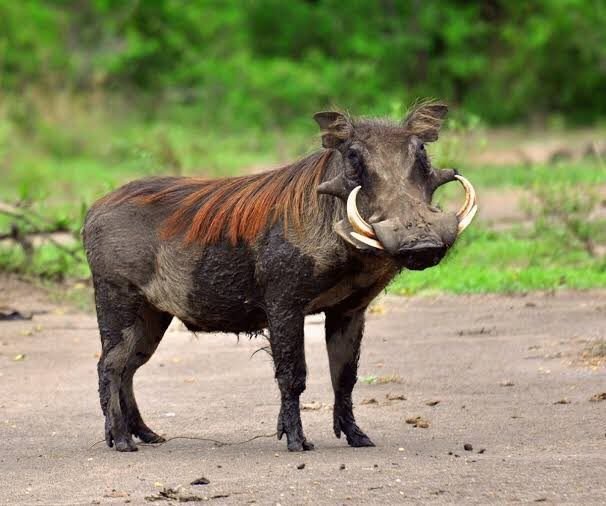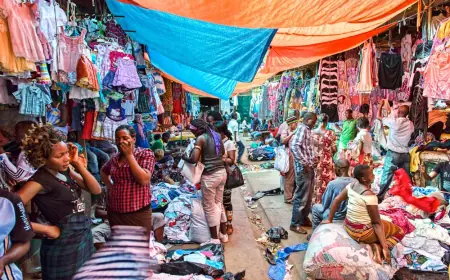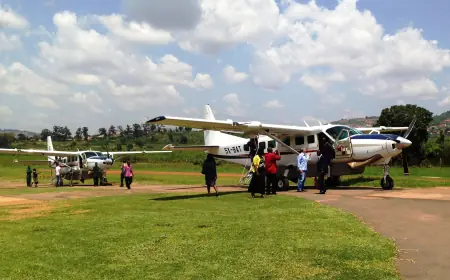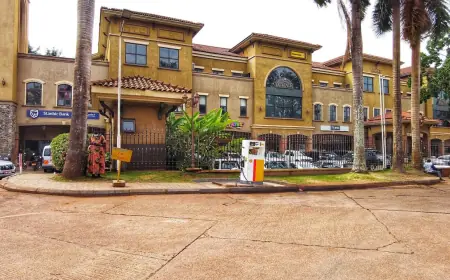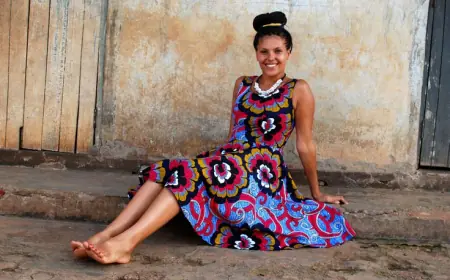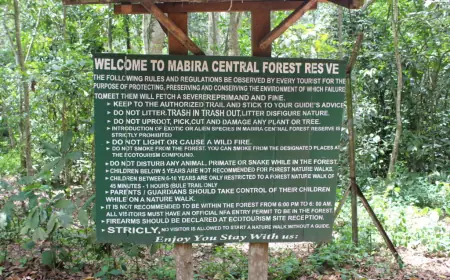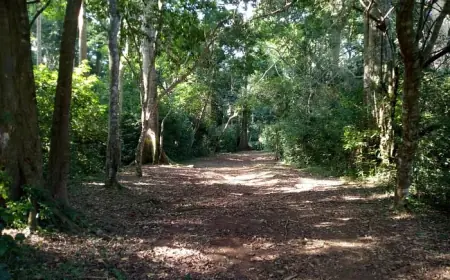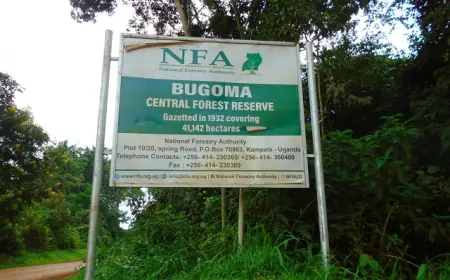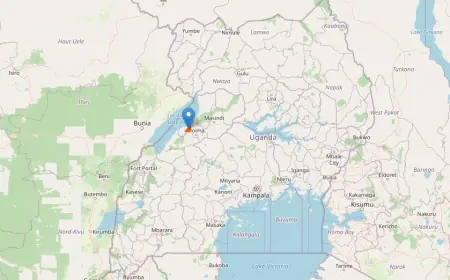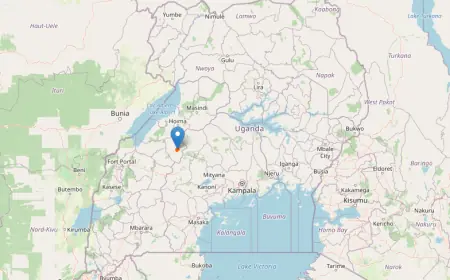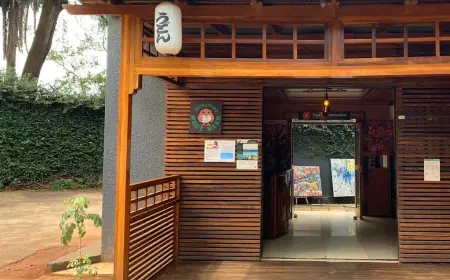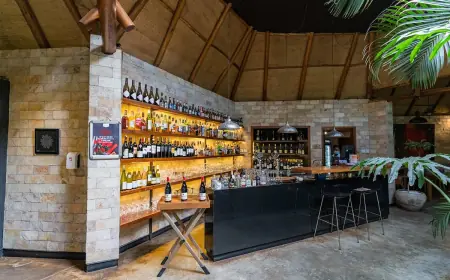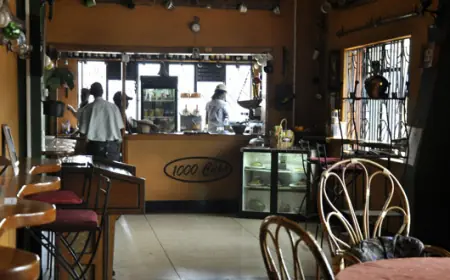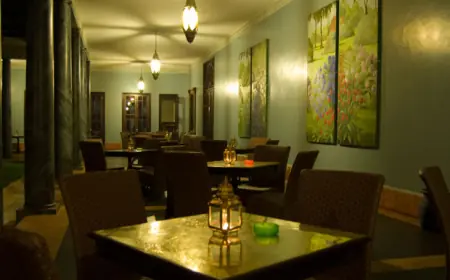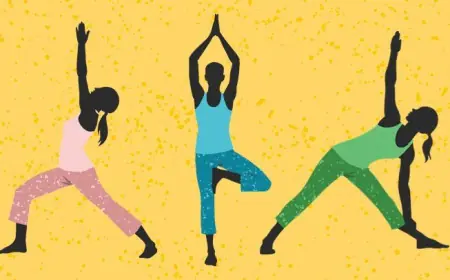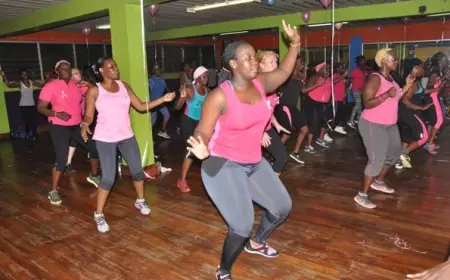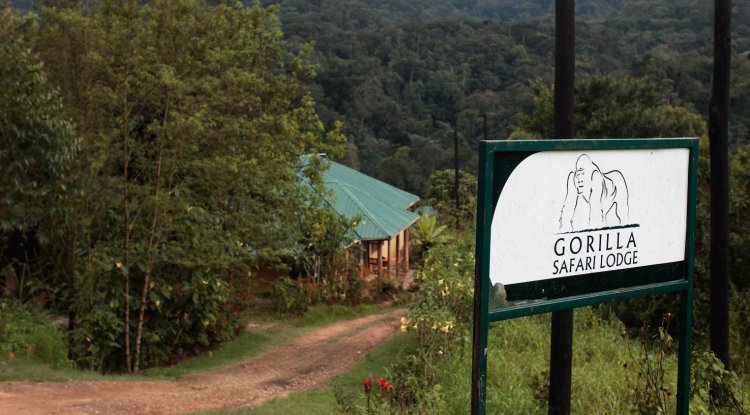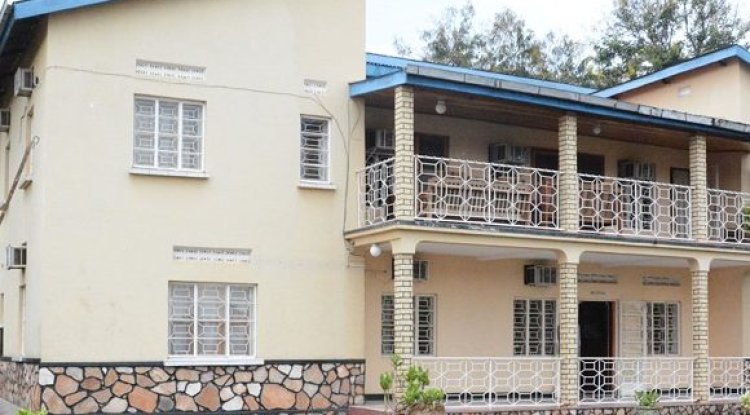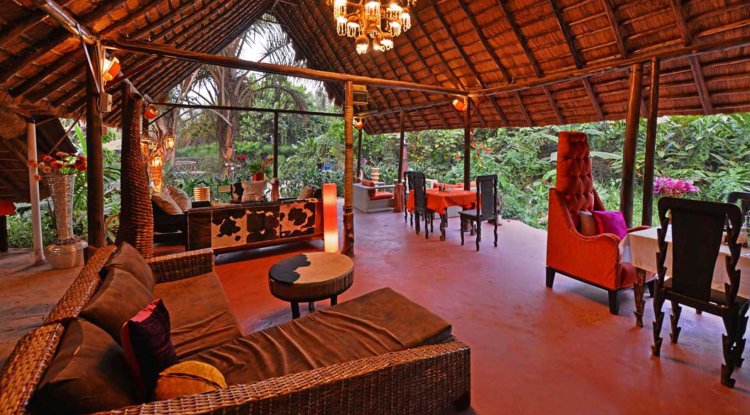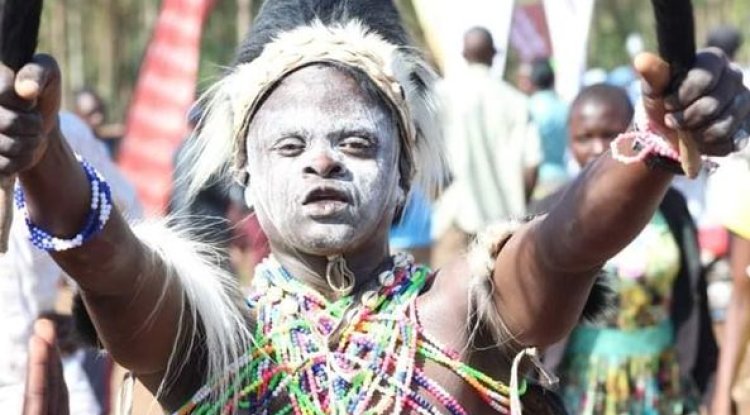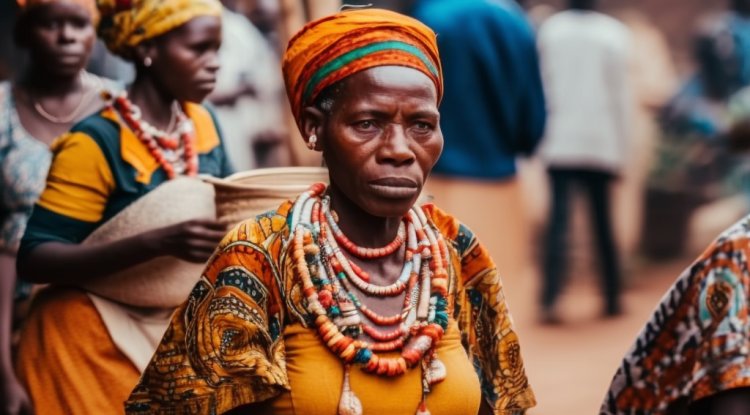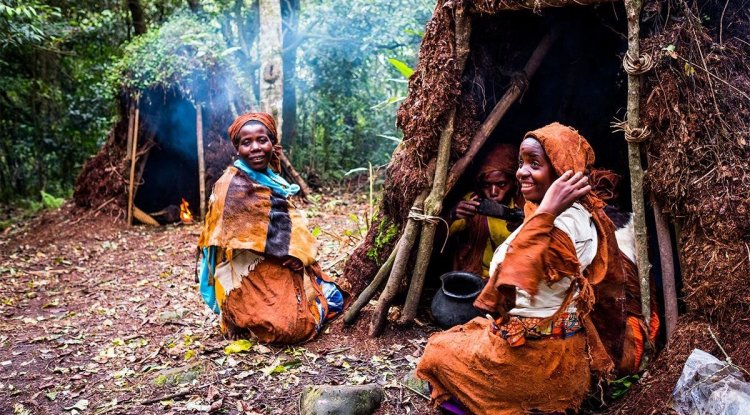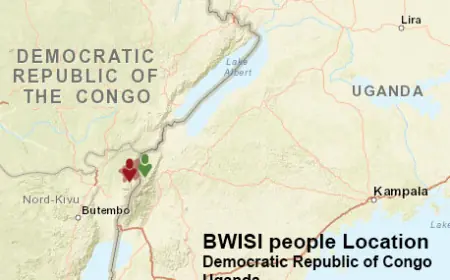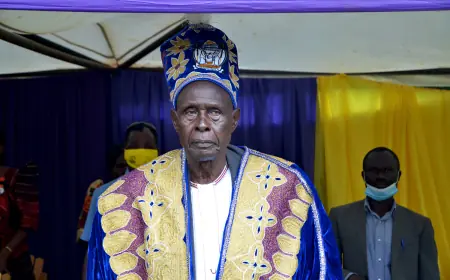Banyabindi: The Forgotten Tribe
The Banyabindi are one of the indigenous communities that inhabit the western region of Uganda, mainly in Kasese district.
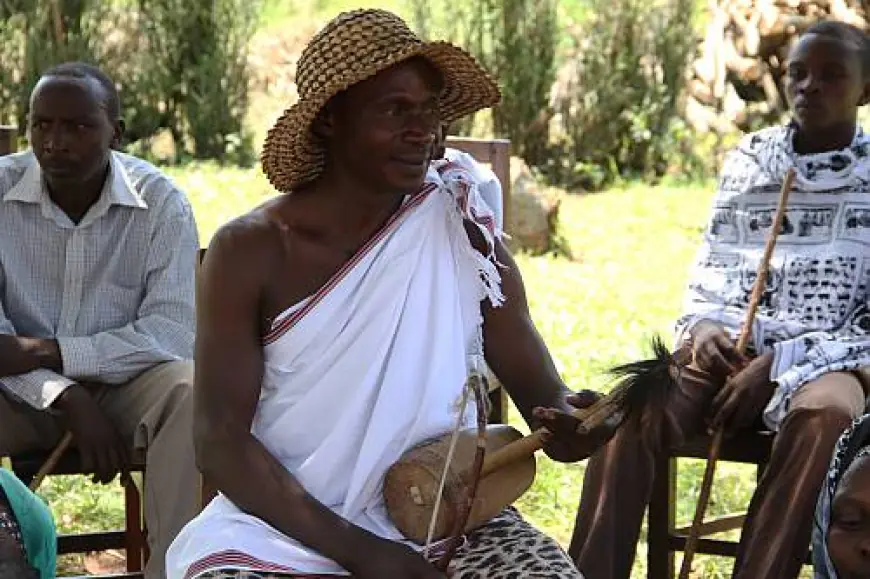
Imagine living in a land where you are constantly discriminated against, marginalized, and oppressed by the dominant groups. Imagine being denied access to basic services, education, health care, and land rights. Imagine being forced to abandon your culture, language, and identity. This is the reality for the Banyabindi, a minority tribe in Uganda that has been struggling for recognition and survival for decades.
The Banyabindi are one of the indigenous communities that inhabit the western region of Uganda, mainly in Kasese district. They are estimated to number around 15,000 people, making up less than 1% of the Ugandan population. They are part of the larger Bantu ethnic group and share some cultural and linguistic similarities with the neighboring Batooro, Banyoro, Batuku, and Batagwenda tribes. However, they have their own distinct history, traditions, and identity, which they have been trying to preserve and protect from external threats.
The Banyabindi are an ethnic group in Uganda that share the Koogere oral tradition, which is about a female chief of Busongora who lived approximately 1,500 years ago. The tradition describes her wisdom and the prosperity of the chiefdom. In 2015, the Koogere oral tradition was added to the UNESCO List of Intangible Cultural Heritage in Need of Urgent Safeguarding.
The Banyabindi’s Empaako caramony
The Banyabindi also share the Empaako tradition, which has been documented in print and digital formats, and disseminated in formal and informal education and information channels. The tradition's objectives include revitalizing the performance of ceremonies and observance of practices associated with Empaako naming system.
Unlike the Batooro group's Empaako naming ritual, the Banyabindi community sacrifices a goat to cleanse a child, who is also expected to exit the house at 5 p.m.
The Banyabindi community's Empaako naming ritual also differs from the Batooro community's because it also involves three children dancing three times in and out of the house tasting millet bread (Oburo) from the family's head for a girl and four times for a boy.
History and Origin
The Banyabindi claim to be the original inhabitants of the Rwenzori region, predating the arrival of other groups such as the Batooro, who came from the Bunyoro kingdom, and the Bakonzo, who came from the Congo. They lived peacefully and harmoniously with the environment, practicing fishing, hunting, and small-scale farming. They also developed a unique naming system called Empaako, which is a form of social and cultural expression that affirms positive values and relationships among the people.
Current Situation and Future Prospects
The Banyabindi’s plight has not improved much in recent years, despite the relative peace and stability that Uganda has enjoyed since the 1990s. The Banyabindi still face challenges and threats to their existence and identity, such as:
- Landlessness and poverty: The Banyabindi have lost most of their land to the government, the Toro kingdom, the Rwenzururu kingdom, the national parks, and private investors. They have been evicted and displaced from their homes and farms, and they have been denied compensation and an alternative settlement. They have been reduced to squatters and landless laborers, living in abject poverty and destitution.
The Banyabindi are not hopeless and helpless, however. They have been resilient and resourceful, and they have been fighting for their rights and dignity. They have been using various strategies and mechanisms, such as:
- Legal action and advocacy: The Banyabindi have been seeking justice and redress through the courts and human rights bodies, both at the national and international levels. They have filed lawsuits and petitions against the government and the other parties, demanding compensation, restitution, and recognition of their land rights, cultural rights, and minority rights. They have also been lobbying and engaging with the government and other stakeholders, seeking dialogue and negotiation, and demanding inclusion and participation in the decision-making processes that affect their lives and interests.
- Education and awareness: The Banyabindi have been investing in education and awareness, both for themselves and for others. They have been sending their children to school and encouraging them to pursue higher education and professional careers. They have been organizing and attending workshops, seminars, and trainings to enhance their knowledge and skills and to empower themselves and their leaders. They have been conducting and supporting research and documentation to preserve and promote their history and culture. They have been reaching out and collaborating with other minority groups, civil society organizations, the media, and academia to raise awareness and garner support for their cause.
- Cultural revival and preservation: The Banyabindi have been reviving and preserving their culture and identity, despite the challenges and pressures. They have been practicing and teaching their language and traditions, such as Empaako, to their children and grandchildren.
Conclusion
The Banyabindi are a tribe in Uganda that has been forgotten and forsaken by society and the state. They have been facing a long history of oppression and injustice, as well as the present reality of hardship and struggle. They have been denied their rights and dignity and have been threatened with extinction and assimilation. However, they have not given up or given in. They have been resisting and persisting, and they have been striving and surviving. They have been reclaiming and restoring their land, culture, and identity, and have been hoping and dreaming for a better future. They are a tribe that deserves respect and recognition, and a tribe that needs support and solidarity. They are a tribe that has a story to tell and a story that needs to be heard.
What's Your Reaction?
 Like
3
Like
3
 Dislike
0
Dislike
0
 Love
0
Love
0
 Funny
0
Funny
0
 Angry
0
Angry
0
 Sad
0
Sad
0
 Wow
0
Wow
0
